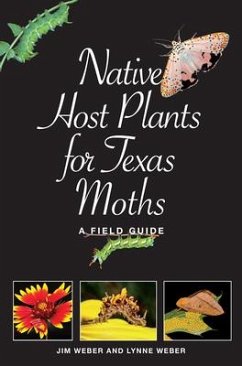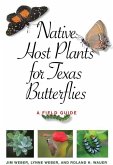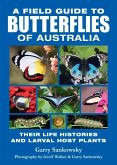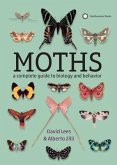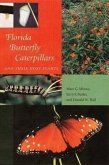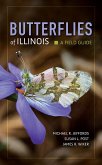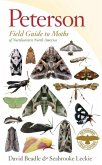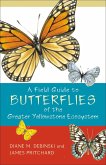"While day-flying butterflies have long captured the attention of nature enthusiasts, moth species outnumber butterfly species by about fifteen to one, and many of them are overlooked due to their mostly nocturnal habits. Although they are far less noticeable to us, moths are essential to many other species, including the plants they pollinate and the animals they nourish. In their caterpillar or larval form they provide a primary source of sustenance for birds, and as adults they feed everything from tiny bats to large mammals. Native plants are of utmost importance for moths, as they evolved alongside them, and they are the principal factor for dictating moth species range and distribution. Like butterflies, moths require native plant species they recognize upon which to lay their eggs. This user-friendly, heavily illustrated follow-up to Lynne and Jim Weber's highly successful Native Host Plants for Texas Butterflies describes over 100 native, larval host plants for moths in Texas. More than 150 moth species are illustrated in the book, both larval and adult phases, with one to two species for each of the larval host plants. Today there are about 4,700 species of moths recognized in Texas, with new species and their host plant associations still being discovered. Native Host Plants for Texas Moths is intended to be an informative introduction into this less widely known world of moths and their host plants, providing a better understanding of how to discover, support, and protect these important insects. JIM WEBER and LYNNE WEBER are retired from the tech industry in Austin, where Lynne was a senior manager and Jim was a senior engineer. Both are certified Texas Master Naturalists and are the coauthors of Native Host Plants for Texas Butterflies: A Field Guide, Nature Watch Austin, and Nature Watch Big Bend. They live in Austin"--

